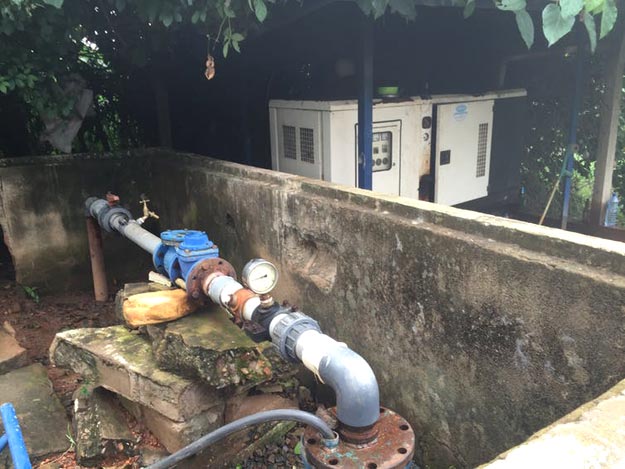As it follows from the head of this paragraph, the human merits will be discussed hereinafter. It is not a secret that a different attitude of people to water can be met in our life – from worship of water as the certain sacred gift towards an odious behavior when a man disposes his wastes into flowing water of aryks or canals.

However, a person with such an attitude to water can show concern with respect to an abandoned slice of bread – shakes off it from dust, places against his forehead, and carefully puts it in a secluded nook. Why is his behavior so different with respect to bread and water, although he knows, or has to know, that a role of water in our life no less important than of bread? For instance, a man can survive without water only three days, and without bread a few weeks. Why an internal “protective relay” or moral brakes of a man function in different ways under different situations? Of course, such a matter is in the competence of psychoanalysts and specialists in morality and ethics, but it is of interest for all.
Read more










